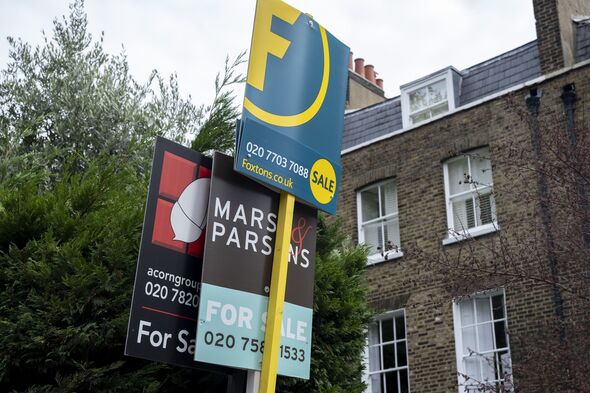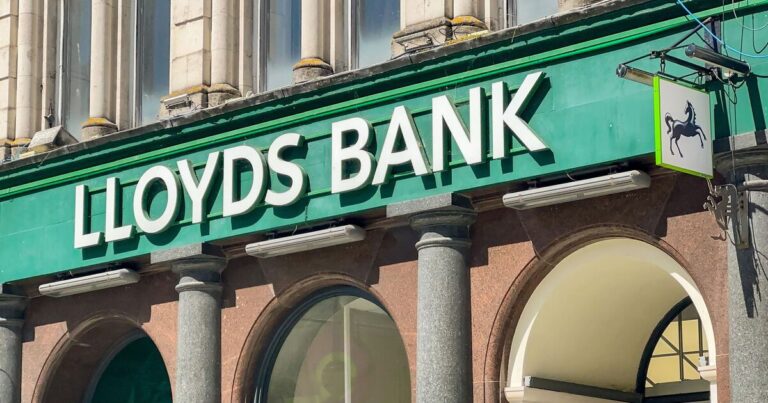
When it comes to selling your home, how much is it really worth? According to the latest research from Zoopla, most of us haven’t got a clue—and we’re likely to be underestimating our property by a sizeable amount.
A staggering 64% of homeowners are underpricing their homes, with some misjudging the value by over £100,000 when compared to the figures provided by professional estate agents.
So why is it so hard for homeowners to know how much their property is worth? It turns out that a mix of nostalgia, outdated information, and plain old confusion is to blame.
Many homeowners simply haven’t kept up with changes in property values or don’t understand the finer details of what makes a house worth more than its base price.
And it’s not all sunshine and roses on the other side, either. For some, the bitter pill of discovering their home is worth less than expected is an unpleasant surprise. Zoopla’s survey found that 13% of homeowners were hit with an average £47,000 shortfall between their own estimate and the reality.
But all is not lost. Whether you’re gearing up to sell or just curious about the current state of your house, Which? has identified easy ways to get a ballpark figure that’ll help you avoid making any costly mistakes.
The quick fixes for finding your home’s value
Before you rush off to call in an estate agent, there are a few simple methods that can give you a rough estimate:
-
Land registry data
If you want to know the going rate for properties in your area, the Land Registry is your first stop. The data here is based on actual sale prices—not just asking prices—and although it comes with a slight delay, it’s a solid place to start. -
Use the ‘price paid’ tool
For a more granular look, the Land Registry’s ‘Price Paid’ tool allows you to search property sales within your postcode. It’s a bit like peeking into your neighbour’s business, but with numbers that might just give you the insight you need. Just bear in mind that this info can take up to a year to be updated, so it’s not always the most current. -
Online valuation tools
These days, all the big names—Zoopla, Rightmove, and OnTheMarket—offer free online valuations. It’s an easy way to get a quick ballpark figure, but be warned: the price ranges can be wide. You might see something like £150,000 to £200,000, which isn’t the most helpful if you’re trying to make an informed decision. -
Checking local listings
Don’t forget to browse local listings. Compare your property to similar homes in your area. This can help you get an idea of how your property stacks up in the market, though keep in mind that asking prices are just that—asking prices. It doesn’t always reflect what buyers are actually willing to pay. -
Market conditions matter
Not in a rush to sell but still curious? Stay in the loop by keeping an eye on market trends. Zoopla and other property sites often share the latest predictions from banks and estate agents. Knowing whether the market is hot or cooling off can help you figure out the best time to sell, or even whether you should wait.
For the most accurate valuation, get the professionals in
For the best results, it’s always a good idea to reach out to a few local estate agents. The more experience they have in your area, the better equipped they’ll be to give you an accurate valuation. But don’t settle for just one opinion. Get at least three quotes to ensure you’re getting a balanced view.
What affects your property’s value?
So, what’s going to make or break your home’s value? Size and type of property are obvious factors, but there’s a whole host of other considerations too. Proximity to top schools, good transport links, and local amenities can all add serious value. Santander research, for instance, found that being near a top-performing school could add £21,000 to the value of a property.
On the flip side, features like an outdated kitchen, poor parking, or the looming threat of flooding could significantly drag the price down. In fact, properties at risk of flooding can sell for up to 8% less than their non-flooded counterparts, with extreme flood risks slashing values by as much as 30%.
So, whether you’re thinking of selling or just curious about your home’s worth, it’s clear that the property market is a tricky business. But with the right research and a little professional input, you’ll be in a much better position to understand what your home is really worth.
And who knows? You might just find your house is worth more than you thought—and that’s always good news.



















